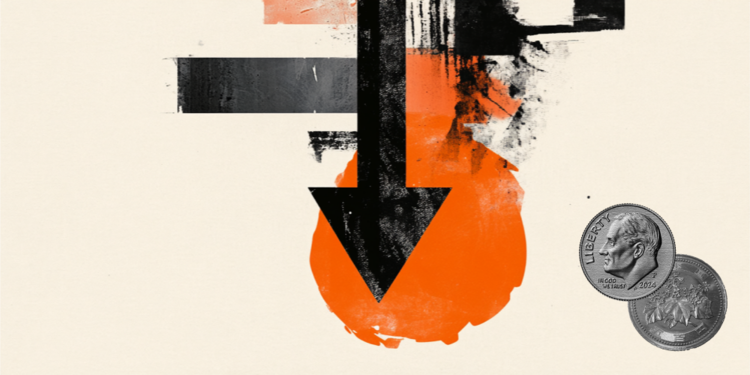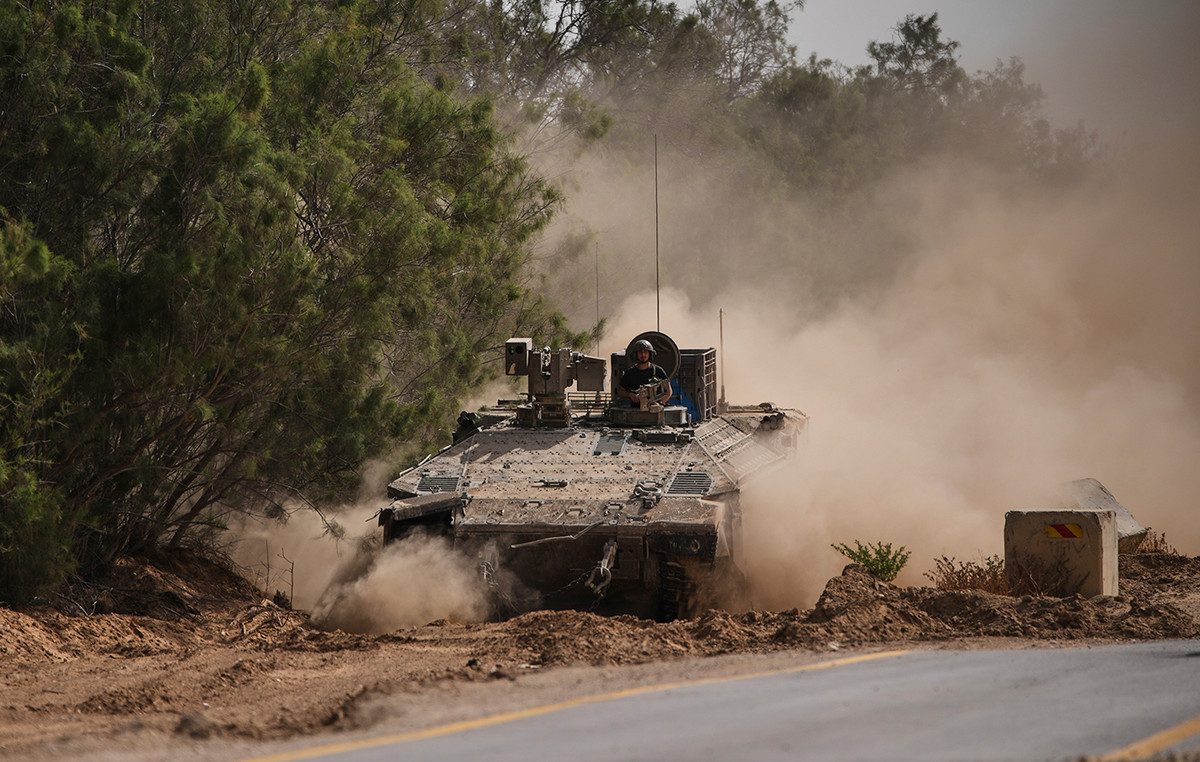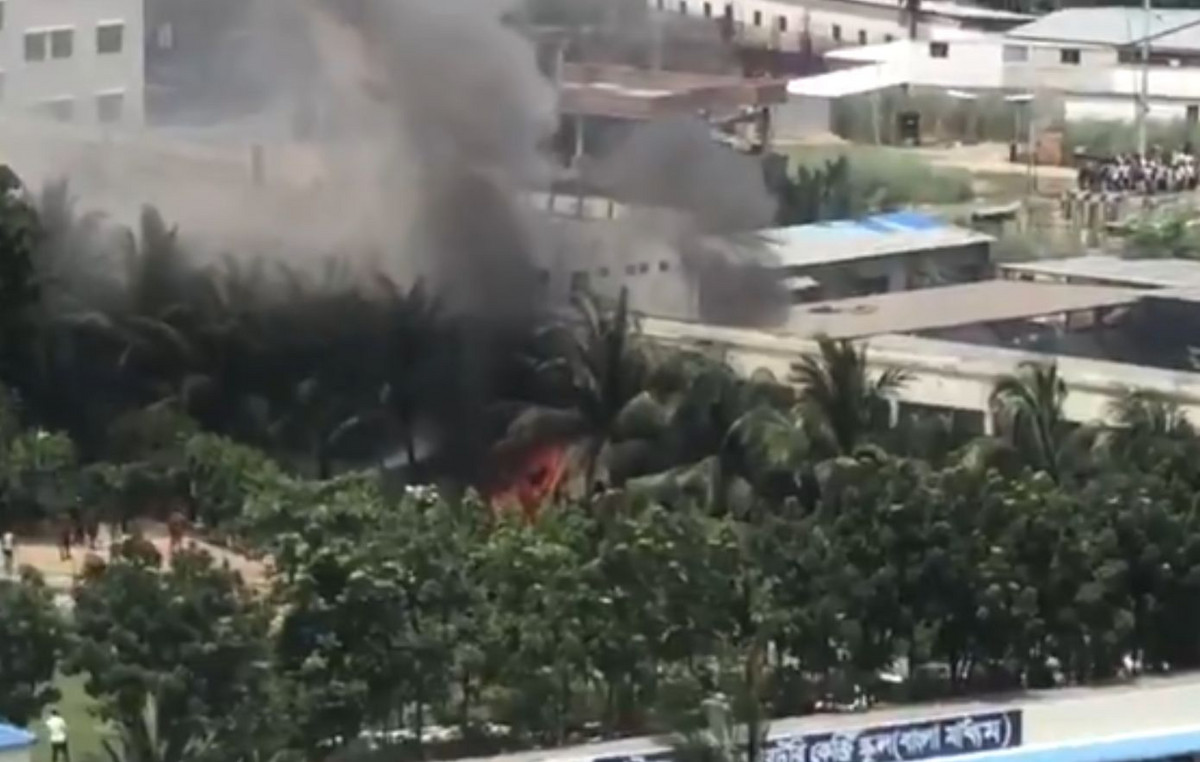Russian Foreign Minister Sergei Lavrov said Russia will use all possible means in response to possible aggression from the Western military alliance North Atlantic Treaty Organization (NATO), in comments reported by the RIA news agency on Tuesday. fair (5).
“No one will be safe, not those who cross the Atlantic, not those who cross the English Channel,” Lavrov said in an interview.
Understand what NATO is and its role in the origin of the crisis between Russia and Ukraine
Faced with the war between Russia and Ukraine, the world is following discussions around an important international alliance: the North Atlantic Treaty Organization (NATO). Created in 1949, NATO never lost its relevance, especially with the imminence of possible conflicts between countries.
One of the main causes of the conflict was Russia’s firm opposition to the possibility of Ukraine joining NATO and, consequently, closer ties with Western countries.
But why is NATO interested in Ukraine? Why doesn’t Russia like this idea? And why is NATO watched so closely by Eastern countries?
The origin and functions of the alliance
NATO is, first and foremost, a military alliance made between countries in North America and Europe that was created following the escalation of the Cold War. The organization’s main headquarters are in Brussels, Belgium.
Led by the United States, the alliance’s main objective at the time of its creation was to protect Western European countries from the expansion of the Soviet Union and combat the spread of communism after World War II.
The North Atlantic Treaty was signed on April 4, 1949 by 12 founding countries, which included the USA, Canada, the United Kingdom, France and eight other European nations. From the beginning, the members agreed to help each other in the event of an armed attack against any state that was part of the alliance.
Over time, NATO grew and today has 30 members. In alphabetical order, they are: Albania, Germany, Belgium, Bulgaria, Canada, Croatia, Denmark, Slovakia, Slovenia, Spain, United States, Estonia, France, Greece, Netherlands, Hungary, Iceland, Italy, Latvia, Lithuania, Luxembourg, Macedonia of the North, Montenegro, Norway, Poland, Portugal, United Kingdom, Czech Republic, Romania and Turkey.
In addition to them, Finland and Sweden also sought to join NATO after the start of the war between Russia and Ukraine – the process for the two countries to join the bloc is still ongoing.
Ukraine is not part of NATO, but the country has sought to get closer to the bloc. On the other hand, Russia viewed this movement as a threat to its hegemony in Eastern Europe.
The Russians even asked the West for guarantees that the alliance would not expand further to the East — especially in Ukraine. The request, however, was not met, which frustrated Russian President Vladimir Putin.
The Soviets even created their own military alliance in 1955, when they founded the Warsaw Pact, formed by communist countries in Eastern Europe. However, with the end of the Soviet Union in 1991, the pact was dissolved and several nations in the alliance became part of NATO.
Negotiations for membership of the Czech Republic, Hungary and Poland began in 1997. Since then, more than a dozen Eastern bloc countries, including three former Soviet republics, have joined NATO.
Decisions on new memberships to NATO must be taken unanimously among members and, since its founding, the principle of the alliance has remained the same: “an armed attack against one or more of them in Europe, or in North America will be considered an attack against them all.”
What are the advantages of participating in NATO?
The principle of collective defense is recorded in article 5 of the North Atlantic Treaty and constitutes the main advantage of participating in the alliance.
It ensures that the resources of all NATO countries can be used to protect any of the nations that make up the alliance. This means that smaller countries, with little military infrastructure, can count on first-world military equipment to protect themselves in the event of armed conflicts.
On the other hand, countries with more consolidated armies can receive help from a military force with a huge contingent.
As the US is the largest and most powerful member of NATO, any other state in the alliance is effectively under American protection. This is a huge advantage for Iceland, for example, which does not have a standing army.
However, in the alliance’s history, Article 5 has only been used once: after the terrorist attacks of September 11, 2001. As a result, NATO allies joined the US invasion of Afghanistan.
On other occasions, member states have served on peacekeeping missions in Bosnia, been sent to deal with the immigration crisis in the Mediterranean and are establishing a cyber defense center in Estonia.
Does NATO have its own army?
The military alliance does not have a single army deployed in cases of invasions of members. In reality, NATO relies on the combined forces of its members, which means a stronger power than the individual armies of each country.
According to NATO guidelines, each country in the alliance must spend at least 2% of its Gross Domestic Product (GDP) on defense investments. However, the majority of members do not meet this goal.
Former President of the United States Donald Trump was even forceful in demanding more investment from European countries, even suggesting that they reimburse the US for military spending.
In 2021, according to NATO’s most recent estimates, only ten Member States reached the 2% GDP target: Croatia, USA, Estonia, France, Greece, Latvia, Lithuania, Poland, United Kingdom and Romania.
Still, the number represents a significant improvement when compared to the results of 2014, when only the USA, Greece and the United Kingdom made the necessary investments.
Since then, members of the alliance have committed to increasing military spending to reach the goal established within a decade. Most members are keeping their promise.
*With information from CNN
Newly released book tells the story of NATO expansion
This content was originally published in Russia will respond to NATO aggression with any means at its disposal, says Lavrov on the CNN Brasil website.
Source: CNN Brasil
Bruce Belcher is a seasoned author with over 5 years of experience in world news. He writes for online news websites and provides in-depth analysis on the world stock market. Bruce is known for his insightful perspectives and commitment to keeping the public informed.







